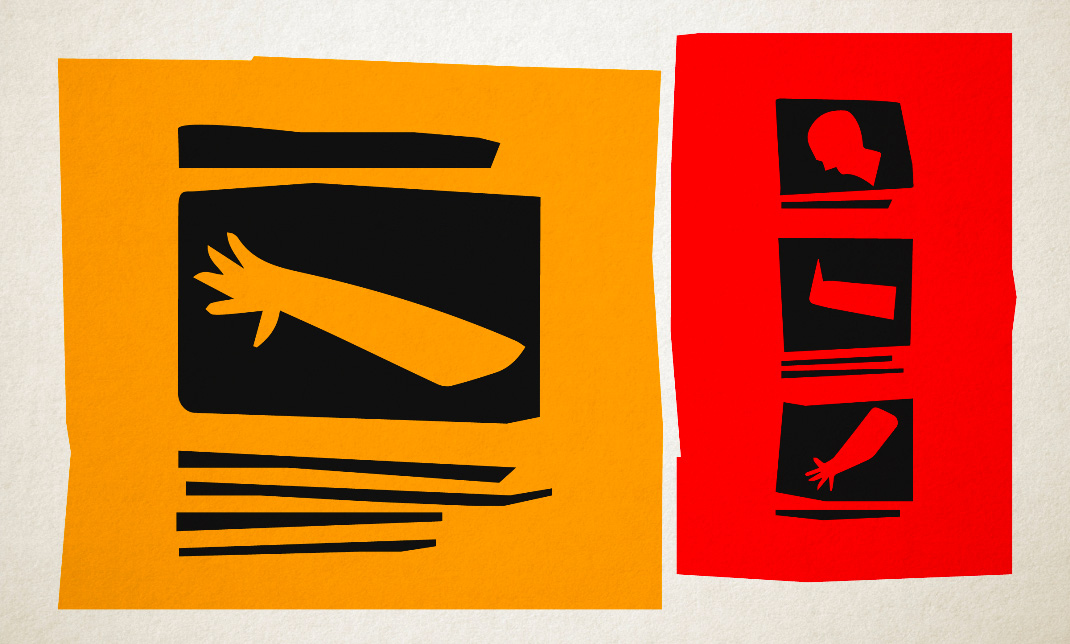In Praise of Ignorance
3 min read
When we call someone ignorant, we’re putting them down. When we go further and call someone willfully ignorant, we mean they have gone beyond garden-variety denseness into the uncommon class of the deliberately dumb. We don’t think much of folks like this. Ignorance, we seem to suggest, is a terrible quality to have.
Ignorance gets a bad rap. It’s really not so bad, and I can prove it. I’ll even go a step further and say: you can’t make stellar digital products without it.
Running the Gamut
Consider the following types of ignorance.
Monumentally Bad
When we lack knowledge or experience but high-handedly act as though we actually have it, we’re exhibiting the awful, repellant form of ignorance.
Benignly Green
If we are young or simply new at something, our ignorance can’t be helped. Everyone accepts this. We can’t read, write, or perform complex industrial welding until we are taught. This ignorance is completely benign and so normal we don’t even call it ignorance. It’s merely inexperience.
Decidedly Good
When we lack knowledge or experience but fully admit and acknowledge this, we have opened the door to something totally worthwhile, even virtuous. Some call this empathy, but it’s really old-fashioned ignorance—the constructive kind.
Ignorance and Digital Products
When we identify closely with our users, when we truly understand them, we can make great things for them. The best way to do this is to assume we don’t know anything about them or their needs. Fortunately, this is exceedingly easy. We don’t know our users nearly as well as we like to think.
Understanding Users
I’ve been working in the field of user experience since 1994, specializing in user research. I have completed or overseen innumerable user tests. Want to know how many times clients have told me users taught them nothing? Zero times. Precisely never.
Clients unfailingly learn a metric ton about their users when they spend time with them, observe them, and test designs with them. Clients have told me, over and over again, that their understanding of users was completely wrong or that they learned something utterly critical after studying user behavior.
Allow me to stir the pot. Guess what internal groups most often misunderstand users (and are surprised to learn this)? Business representatives, directors, and C-level executives. Think about that for a minute.
Knowledge is Overrated
Since most of us apparently don’t understand our users, we’re perfectly positioned to embrace the productive sort of ignorance. We must become comfortable with not knowing. This is tough for smart people. Making complex digital products takes brains. But we must embrace it.
Only by acknowledging and admitting we don’t know our users can we actually begin to truly know them. It’s a paradoxical but wise move, and a beautiful place to start. If we care about someone, we will want to learn about them. We will want to spend time with them, we will want to walk a mile in their shoes. Figuring this out is the essence of expertise, built on willful ignorance.
Pure Bliss
See? Ignorance isn’t always a vice. It’s often a virtue. And when making sites, apps, and software easy—even delightful—to use, it’s an outright necessity. In our office, it’s a compliment.
So let’s revel in our profound lack of understanding, use it as a jumping-off point for real learning, and watch our digital products become what they were meant to be.





